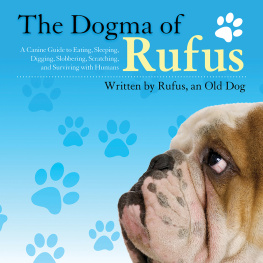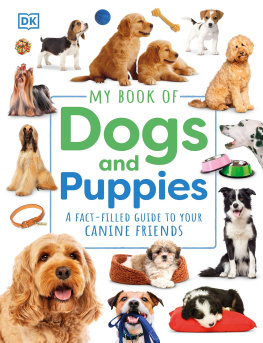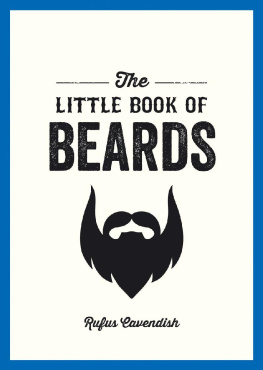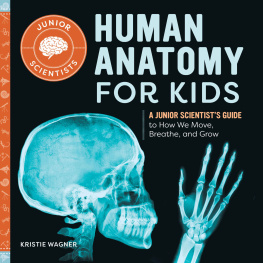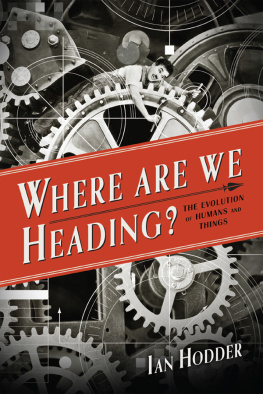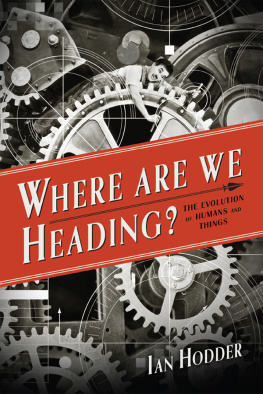The Dogma of Rufus
A Canine Guide to Eating,
Sleeping, Digging, Slobbering,
Scratching, and Surviving
with Humans
Written by
Rufus, an Old Dog
with the help of Larry, Zack, and Joey Arnstein

Skyhorse Publishing
Copyright 2013 by Larry Arnstein, Zack Arnstein, and Joey Arnstein
Photos courtesy of the author unless otherwise noted.
All Rights Reserved. No part of this book may be reproduced in any manner without the express written consent of the publisher, except in the case of brief excerpts in critical reviews or articles. All inquiries should be addressed to Skyhorse Publishing, 307 West 36th Street, 11th Floor, New York, NY 10018.
Skyhorse Publishing books may be purchased in bulk at special discounts for sales promotion, corporate gifts, fund-raising, or educational purposes. Special editions can also be created to specifications. For details, contact the Special Sales Department, Skyhorse Publishing, 307 West 36th Street, 11th Floor, New York, NY 10018 or info@skyhorsepublishing.com.
Skyhorse and Skyhorse Publishing are registered trademarks of Skyhorse Publishing, Inc., a Delaware corporation.
www.skyhorsepublishing.com
10 9 8 7 6 5 4 3 2 1
Library of Congress Cataloging-in-Publication Data is available on file.
ISBN: 978-1-62087-604-6
Printed in India
For Walter Frederick Morrison, inventor of the Frisbee
CONTENTS

INTRODUCTION
H ello, my name is Rufus. I am a dog. I ask you young dogs to temporarily put on hold all tail and squirrel chasing, leg humping, and other important daily activities, while I share with you the wisdom Ive gained over a long life.
Why should you read this book? No one can guarantee success, but in these pages lies a collection of ancient wisdom passed down through the years from dog to dog. Correctly mastering the techniques outlined in the following chapters can help you maximize your potential to obtain food, mark your territory with greater efficacy, fetch and return tennis balls with greater professionalism than youve ever imagined, secure the blessings of the best sleeping locations, and lead a more meaningful dog life.

You will also gain intimate knowledge of the human condition, and be better prepared to help them lead a less pathetic existence.
I know weve just gone over this, but for those of you whose focus has already been compromised, I ask you again to please stop leg humping for the duration of this book, or at least until the next chapter break.
Rufus
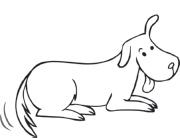
HUMAN-DOG DICTIONARY
alphabetize (v.) 1. unnecessary form of human organization. 2. something were not going to do here. Instead, check out your house to see if anyone has dropped any food, or if you can guilt-trip anyone into to giving you a treat.
garden (n.) 1. great place to dig up. 2. great place to bury bones. 3. great all-around place to dig up flowers, play, bury stuff, roll around in. 4. cant say enough about this place. (v.) 1. to prepare hard dirt into soft area for dogs, to put flower seeds into, weed, enhance soil with special enriched earth so its even better to dig up.
newspaper (n.) soft, very eatable, chewable thing suitable for gnawing, chomping, and spreading around the house.
greet (v.) 1. to jump up on. 2. to lick the face of. 3. to knock over.
happy (adj.) 1. natural state of all dogs. 2. state only dogs can show humans how to achieve. 3. what dogs feel when its time to eat, sleep, play, or go for a walk. 4. did I mention eating? 5. do you happen to have anything I can eat right now?
couch (n.) 1. great place to stretch out and sleep on, especially after an hour of romping in the mud or digging in the garden (see above).
bone (n.) a thing that would have been good when the meat was on it, but the humans have eaten all the meat. You end up chomping on it frantically, trying to get the meat which isnt there anymore, while they congratulate themselves on what a great thing theyve done for you.
begging (n.) human word that does not at all describe what we do, which is merely looking at human food nobody seems to be interested in. Observing the food; concentrating on it; focusing on it; possibly looking up at the humans, then back at the food. Maybe whimpering a little, but not begging.
SECTION ONE:
THE FUNDAMENTALS

Chapter 1
HUMAN FOOD: OUR CENTRAL PURPOSE (A MISSION STATEMENT)
T here are two kinds of food: human food and dog food. Human food is better. Thats why they call their food, food, and ours, dog food.
I wouldnt feed that to my dog! What does that tell you?
There are three ways of getting human food:
1) Jump up on the table when nobodys looking and just go for it. This is known as the grab-and-go. (see ) It is very effective but is always followed by a lot of angry human shouting.
2) Wait for something to fall from the table, then scarf it down immediately. If it falls to the floor, its yours.
3) Keenly observe the food. This can work, but for some reason humans dont like it. On the other hand, dogs have perfected observing food for thousands of years, its in your DNA, so just do it. You know how. Use your ears, your eyes, and if necessary, whimper.

Fig. 1.1: The Grab-and-Go
>HISTORICAL SIDEBAR Some say this strange practice of throwing away food that has touched the floor dates back thousands of years and is based on human mythology and dark magic superstitions. Whatever the origin, it is simply one of many stupid things humans do that we should never try to understand.
Most of what we do will be based around our central purpose of obtaining the human food, or at the very least, larger quantities of dog food. While at times we may thoroughly enjoy the food the humans label as dog food, especially those biscuit treat things, we neednt let our humans know this. We must, at all times, appear to be experiencing great suffering.
List of Good Reasons Not to Eat Human Food
...
Learning about Human Food
Categories: Deliciousness Ranking, Difficulty of Obtainment, etc.
Chips and Crackers: This category involves a wide range of mysterious, bite-sized snacks. They are mysterious because we dogs normally dont get to really know what they are because we tend to receive them via throw, and thus have swallowed them entirely before ever getting to fully examine their contents. Nonetheless, they are usually quite delicious, and most important, very high on the likelihood of obtainment. This is because a human feels that he has so many of them, due to their bite-sizedness, that he can afford to share just one or two with the dog.

